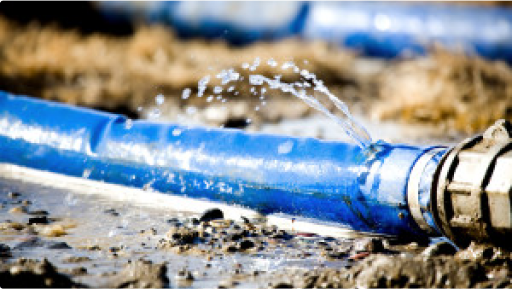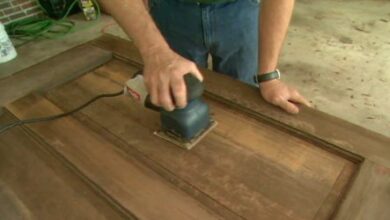Water doesn’t need a flood to cause serious trouble. Sometimes it’s just a slow drip, a tiny crack, or a bit of seepage after a storm. But over time, unnoticed water intrusion is one of the biggest causes of major water damage—especially when it’s hidden inside walls, ceilings, or floors.
Many homeowners and property managers miss the early warning signs until it’s too late. Here’s how water sneaks in, what it destroys, and why catching it early makes all the difference.
Where the Water Hides
Unseen water often comes from:
- Roof leaks or missing shingles
- Window and door frame gaps
- Cracks in the foundation or siding
- Slow plumbing leaks behind walls
- Overflow from clogged gutters
These aren’t dramatic floods, but over time, even small amounts of water can soak into building materials, causing lasting water damage without anyone noticing until it’s widespread.
Early Signs Most People Miss
The first signs of water intrusion are usually subtle:
- Musty smells in certain rooms
- Peeling paint or bubbling drywall
- Slight discoloration on ceilings or walls
- Warped floors or baseboards
- Higher indoor humidity or AC running more often
If ignored, these small clues turn into major repairs like replacing drywall, subfloors, insulation, and even structural framing.
Structural Damage Happens Quietly
Once water gets into wood, it starts breaking it down. Beams rot, floor joists weaken, and framing loses strength. That means:
- Uneven or sagging floors
- Cracks in walls or ceilings
- Doors and windows that won’t shut properly
By the time these issues appear, the damage behind them is already expensive. Professional water damage restoration can stop the spread, but the longer it waits, the higher the repair bill climbs.
Electrical Risks and Hidden Hazards
Water doesn’t just hurt surfaces—it’s dangerous around electrical wiring. Slow leaks can:
- Short-circuit wires
- Rust metal conduits
- Create shock or fire risks
Many fires start from unnoticed water damage that compromised electrical systems. That’s why immediate action and inspections matter.
Mold Grows Before You Know It
Where there’s moisture, mold follows—especially in dark, enclosed spaces. Mold can:
- Trigger asthma or allergy symptoms
- Smell bad and lower air quality
- Spread across walls and ceilings fast
Professional cleanup teams use moisture meters, thermal cameras, and dehumidifiers to find and dry hidden areas before mold grows out of control.
Prevention Is Always Cheaper
The best way to fight hidden water damage is to stay ahead of it:
- Check gutters and downspouts monthly
- Look for roof damage after storms
- Have plumbing inspected yearly
- Watch for signs of moisture in corners and basements
And when in doubt, bring in a professional team. They’ll spot what you can’t—and stop small problems from becoming expensive disasters.
Final Thoughts
Unnoticed water intrusion is like a slow-moving storm—it starts quietly but causes serious damage over time. By staying alert, responding fast, and working with professionals, you can protect your building from the hidden destruction that water damage brings.
Don’t let silent leaks turn into loud expenses. Act early, and keep your structure solid from the inside out.
https://www.bevwo.com/the-canadian-smart-building-solution-to-water-leaks-and-rising-utility-costs/





